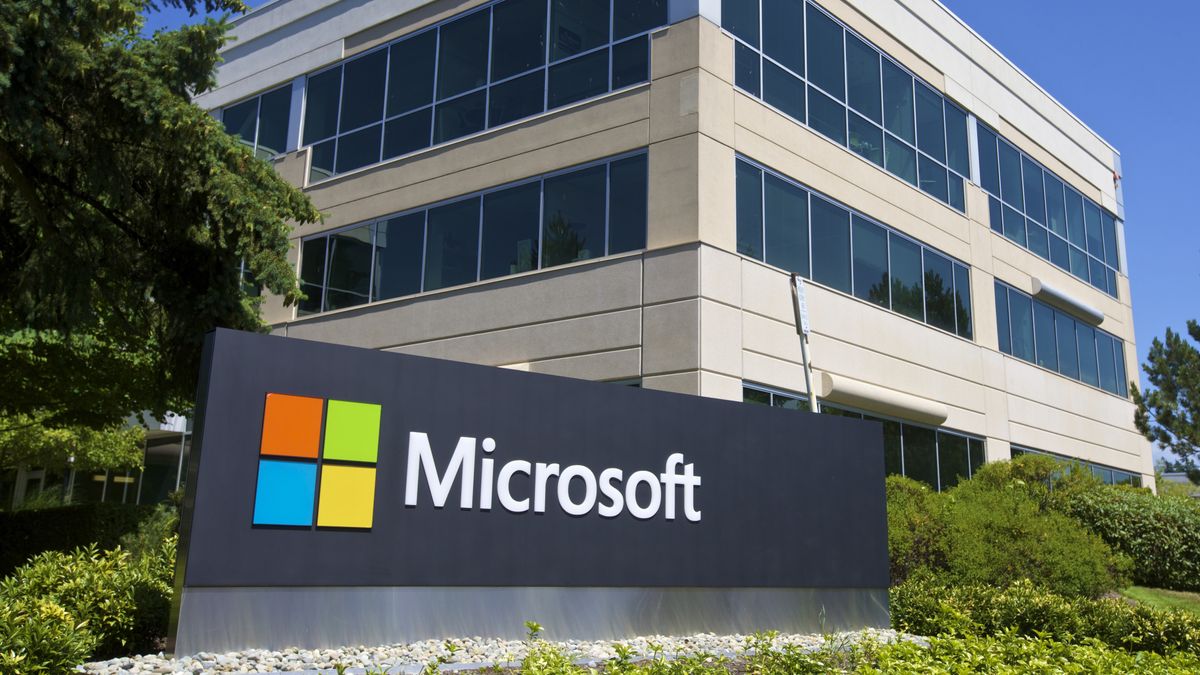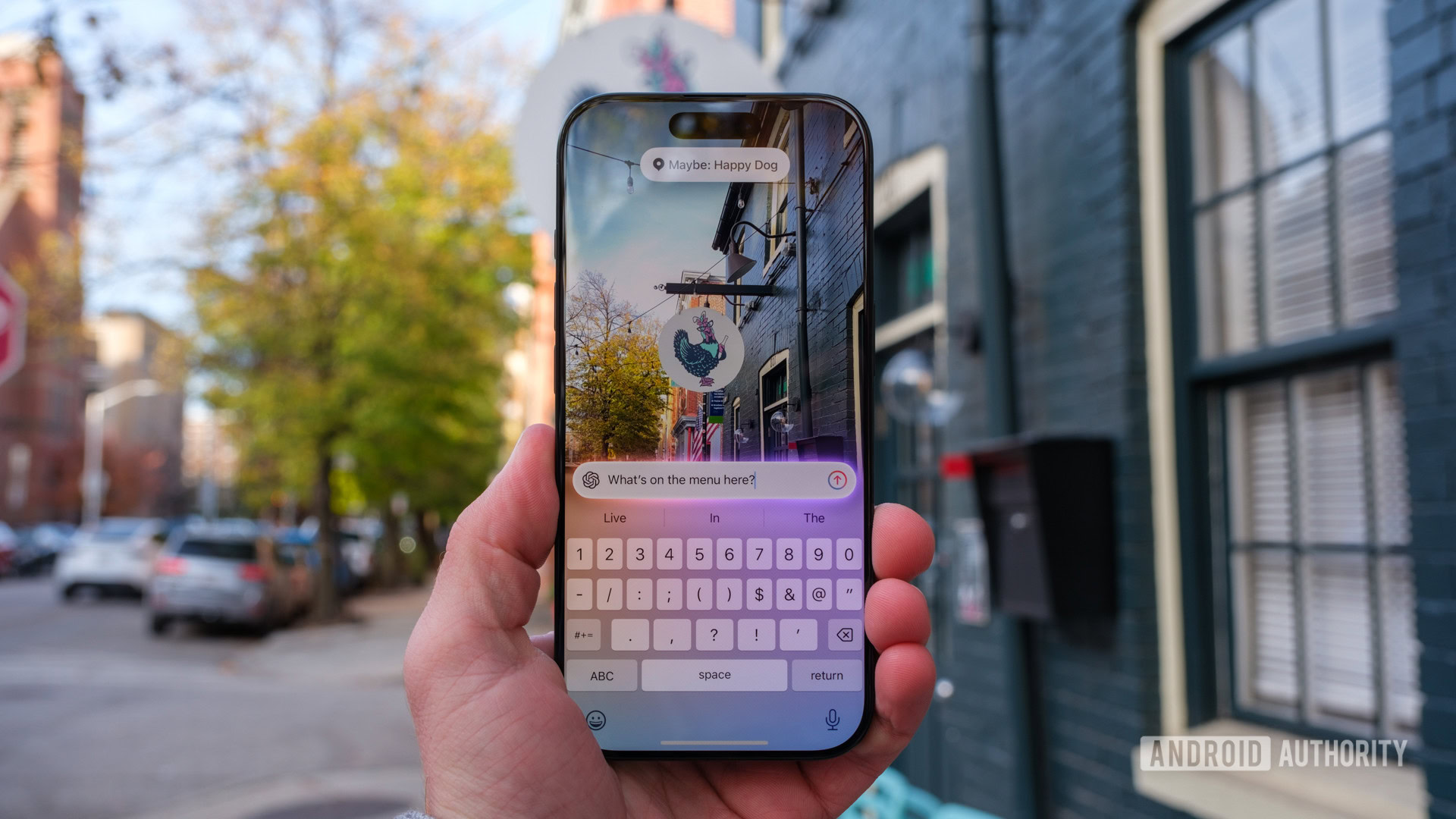President-elect Trump’s return to the White House has those in the artificial intelligence (AI) industry preparing for potential cutbacks in regulation and federal funding.
From the launch of ChatGPT to the increased use of deepfakes, AI rapidly developed over the past four years, and Trump is heading back to the Oval Office amid a very different tech landscape.
While offering few specifics about his plans for AI, the president-elect’s alliance with tech billionaire Elon Musk and his pledge to repeal President Biden’s AI executive order could mean private sector-driven innovation and competition will be prioritized over regulation, industry experts said.
“I think the obvious [impact] at least [is] less regulation,” said Jason Corso, an AI researcher and the co-founder and CEO of computer vision startup Voxel51.
This could have a ripple effect on the AI industry down the road, he added.
“I don’t think there would be an immediate impact to any immediate deregulation because we’re just learning about what to do. I think what would be impacted is the longer-term health and understanding or progress for a safer world with safe AI,” Corso said.
Deregulation was a key focus of Trump’s first term, and he has indicated he plans to continue the approach in his second term.
Trump and Musk, who has become one of the president-elect’s most vocal supporters, have repeatedly floated the idea of a government efficiency commission focused on eliminating wasteful government spending and regulations.
It remains unclear if the idea will come to fruition or if Musk will lead it.
Scaled-back regulation could be coupled with slashed research funding for AI, a concern for some in the field.
“Historically, we’ve relied on government spending to do the type of research or understanding that companies are not going to do because it’s not directly involved in the bottom line,” Corso said.
AI research was a central part of the Biden administration’s tech policy, as seen through the creation of the U.S. AI Safety Institute at the Commerce Department.
The institute was created in the wake of Biden’s executive order on AI, issued last year to harness the technology’s benefits and manage its risks.
Trump plans to repeal the order, according to the Republican Party’s policy platform, published last July.
“We will repeal Joe Biden’s dangerous Executive Order that hinders AI innovation and imposes Radical Leftwing ideas on the development of this technology,” the platform states. “In its place, Republicans support AI Development rooted in Free Speech and Human Flourishing.”
Trump’s spokespeople did not respond to The Hill’s request for more details.
Biden’s order laid out new safety standards for the federal government and companies with the most powerful AI systems, among other directives. It was followed up last month with a national security memorandum, encouraging government agencies’ use of AI for national security and foreign competition.
The incoming administration “will identify things and pieces that they may want to retain or adapt as they work through their own version of the order,” a former Trump White House official told The Hill.
“I definitely would expect that a number of the provisions associated with that order will be repealed and then will continue to set the tone from a policy standpoint as to what they would want to come next,” the official added.
Some within the industry said Biden’s measures were not enough to keep up with the technology’s rapid development and did not scratch the surface when it came to regulation.
“There’s almost nothing to repeal, it was a statement of intent. … There hasn’t been any action, and so I don’t think it matters whether you repeal whatever is in place. It matters whether you build sensible regulation now,” said Matt Calkins, CEO of Appian, which offers software used by the government and other companies.
Calkins believes Trump’s growing partnership with Musk, the owner of the social platform X, SpaceX and Tesla, could bring AI to the “forefront” of policy once the new administration begins.
“Trump may not have cared about it on his own, but Musk does, and Musk has opinions which we already know about with regards to AI,” Calkins said, pointing to Musk’s support of a since-vetoed California AI measure that would have established safety measures for powerful AI companies.
“He supported it because he is so careful about the destructive power of AI,” Calkins added.
AI advocacy group Americans for Responsible Innovation circulated a petition Monday calling on Trump to make Musk a special adviser on AI, arguing he is well positioned to ensure the U.S. continues to lead on AI.
Musk helped found OpenAI, the maker of the ChatGPT tool, which brought AI to the public and started a race between firms to develop and release their own models. He also owns an AI company, xAI.
He is among the various wealthy Silicon Valley leaders who have flocked to the right, breaking with the industry’s longtime support of Democrats. The leaders are joined by a growing group of cryptocurrency investors who shifted their support amid frustrations with the Biden administration’s hard-line approach to digital currencies.
Trump is likely to bring others from the industry into his fold. Politico reported last week Michael Kratsios, his former chief technology officer, and Gal Slater, Vice President-elect Vance’s economic policy adviser, were appointed to handle tech policy during the transition. Kratsios was most recently the managing director at AI startup Scale AI.
“It would not surprise me looking to Elon or any other leaders within the tech industry … that he pulls them in in order to provide more of an advisory role as he continues to build out his agenda,” the former White House official said.
The optimism about Trump’s interest in AI is boosted by his focus on maintaining an edge over foreign competitors, namely China.
“There’s a strong indication that the national security aspects of AI are going to be a significant focus in the Trump administration,” said John Verdi, senior vice president of policy for the nonprofit Future of Privacy Forum and a former Obama administration official.
This focus could resemble a continuation of the Biden administration’s policies, which similarly sought to curb technological developments by China.







